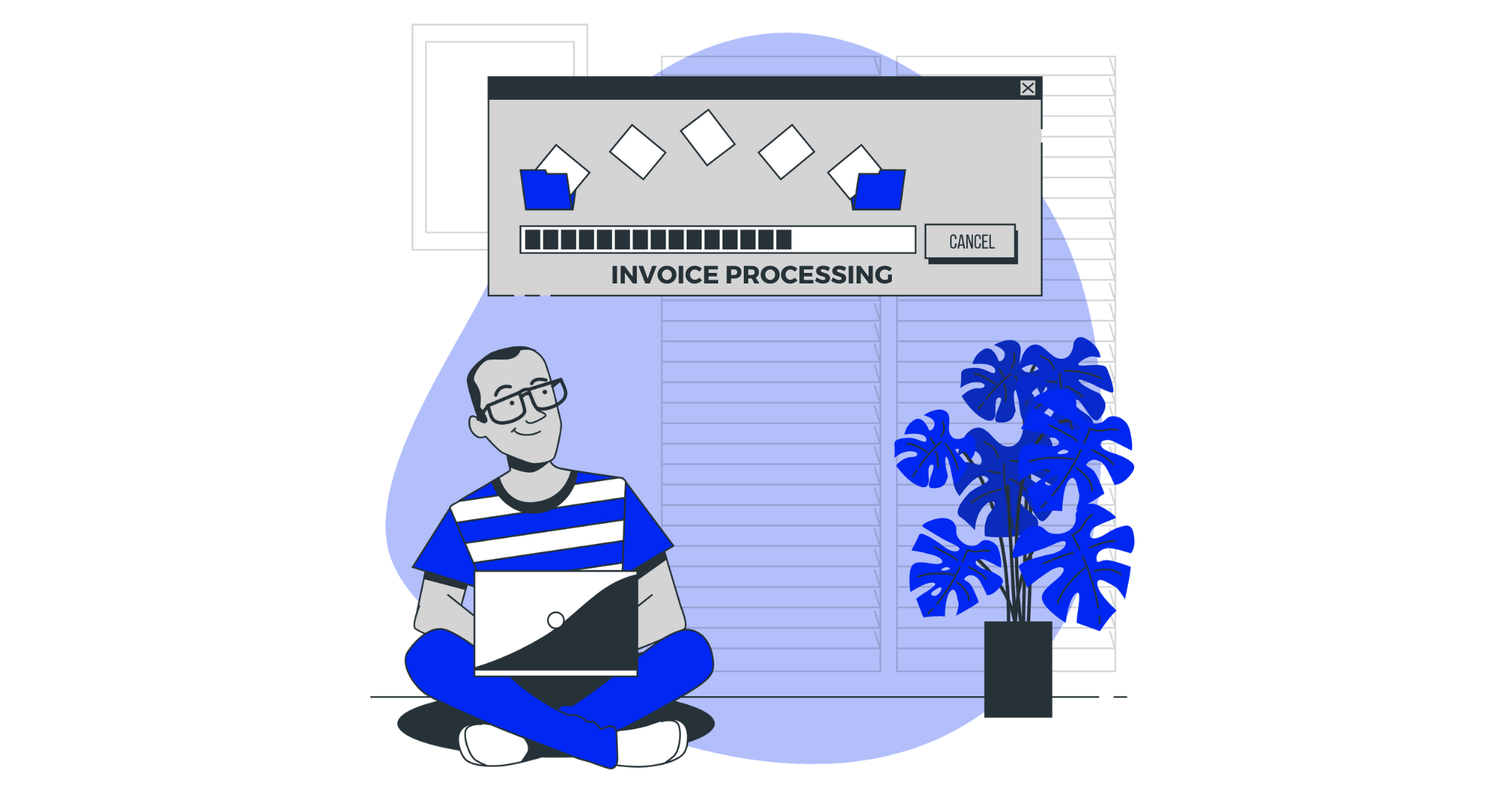✓ Intellectual Property Protection
Documenting intellectual property, like patents, trademarks, and copyrights, we’re safeguarding our creative and innovative ideas. It’s proof that these ideas are ours. This is super important because it helps us protect our unique creations and brands from being copied or used without permission.
In a way, it’s like having a legal shield for our business’s brainpower. When it comes to digital assets and data security, a guide to tokenization can be invaluable in ensuring sensitive information remains protected and confidential.
Overall various types of documentation play crucial roles in different aspects of managing a business. By keeping these documents in order, business owners can enhance their company’s stability, growth, and long-term success.
7 Essential Documents Every Business Owner Needs
After highlighting the significance of various document types for smooth business operations, let’s delve into the key documents that are indispensable for every kind ans type of business.
1. Legal and Business Formation Documents
Legal and business formation documents are the building blocks for creating and running a business while staying within the legal boundaries. These include fundamental paperwork like the documents for establishing your business entity, operating agreements (for LLCs), and bylaws (for corporations).
These documents also cover employment contracts, licenses, permits, intellectual property registrations, and records showing that you’re following the rules. All of these are super important for making sure your business is on the right side of the law and safeguarding your business interests. When it comes to efficiently managing and organizing this critical documentation, you might want to explore an Airtable alternative to find the right one that fits your specific needs.
Taking good care of and keeping these documents in order is absolutely critical. They set the rules for how your business works, protect your brilliant ideas, and make sure you’re following all the legal and regulatory requirements. All of this is essential for making sure your business is successful in the long run and for keeping risks in check.
2. Financial Documents
Financial documents are the lifeblood of a company’s financial well-being. These records, like income statements, are like the company’s financial report card, showing how much money it’s making and spending.
Balance sheets are like a snapshot of everything the company owns and owes. Think of them as a company’s financial GPS, guiding decisions, securing loans (like a personal credit report), and helping with taxes. Just as a roadmap helps you plan a trip, financial documents are essential for planning budgets and forecasting the company’s financial future, like a weather forecast.
Additionally, invoice templates serve as customized billing forms created by the company, simplifying customer billing and financial record-keeping. This, combined with an invoice generator, streamlines the entire process of financial management.
Moreover, these invoice templates come in various types, such as standard, proforma, and recurring invoices, each tailored to suit different billing scenarios and customer interactions.
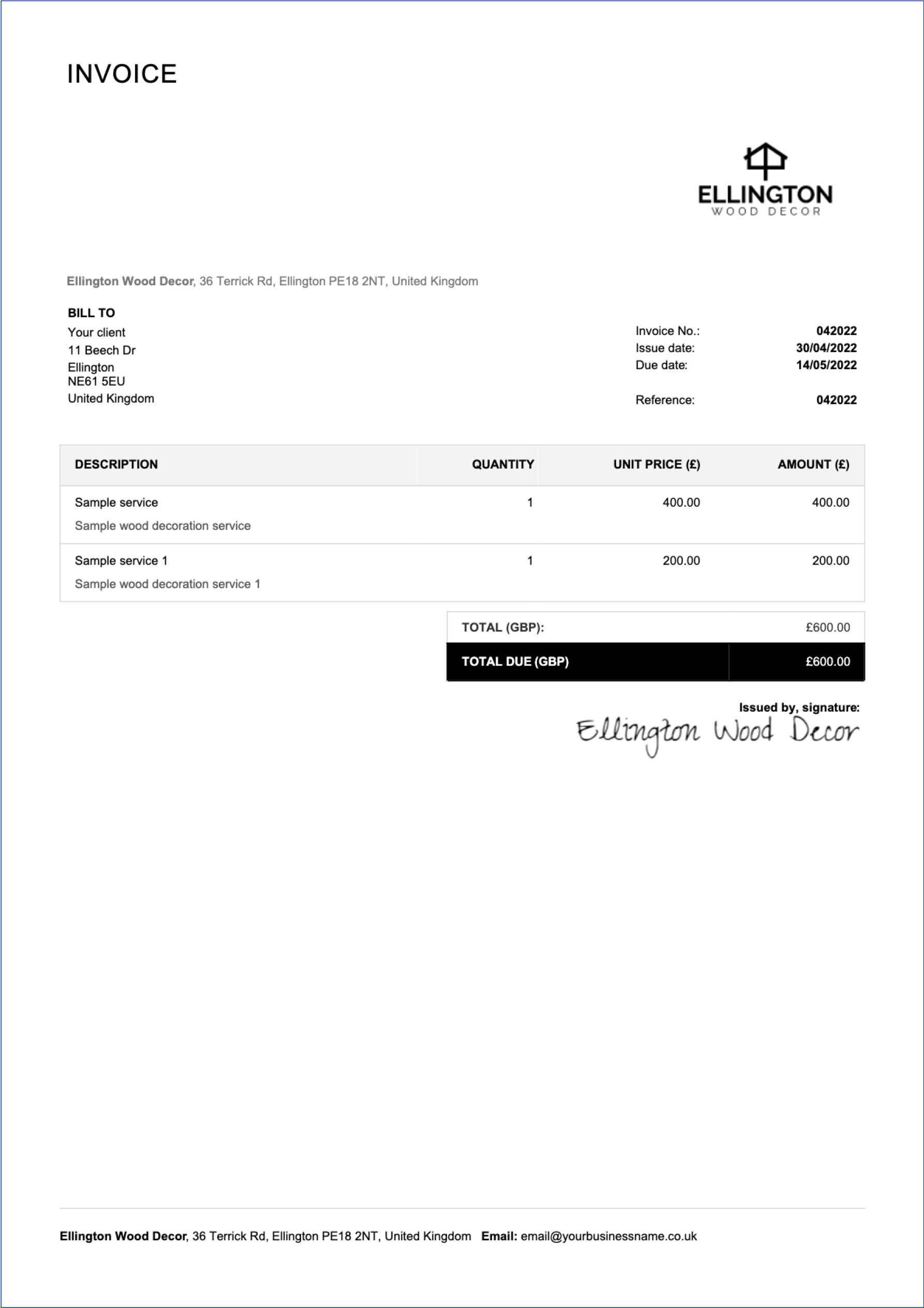
(Source: Billdu invoice template)
There are also everyday financial papers, like invoices and receipts. They’re like the receipts you keep for your personal expenses, except these help the company keep track of its daily spending and income. Keeping these documents well-organized is like keeping your home tidy – it’s essential for smooth financial management and for building trust with everyone involved, whether they’re investors, regulators, or other stakeholders.
Maintaining such financial documents also provides vital data for calculating key financial KPIs (Key Performance Indicators), crucial for measuring the company’s financial health and making informed business decisions.
3. Contracts and Agreements
Contracts and agreements are the legal backbone of business relationships. Think of them as the rulebook for different parts of a business – like how games have rules. They cover everything from how you deal with customers to how you work with suppliers and even how you partner with others. These documents are like maps that show you the way, detailing who does what and what happens if there’s a problem.
Keeping a complete record of contracts and agreements is like having a diary for your business relationships. It makes sure that everyone does what they said they would, and it keeps things running smoothly. And if there’s ever a disagreement or a question about what was agreed upon, having it all written down can save you time, money, and a lot of trouble. It’s like having a manual to guide you through any challenges, making it a crucial part of running a successful business.
An effective solution to streamline the process of drafting these essential documents is the use of legal contracts templates. These templates provide a solid foundation for creating detailed and legally sound agreements, tailored to the specific needs of a business. They offer a convenient starting point, reducing the time and effort involved in creating contracts from scratch.
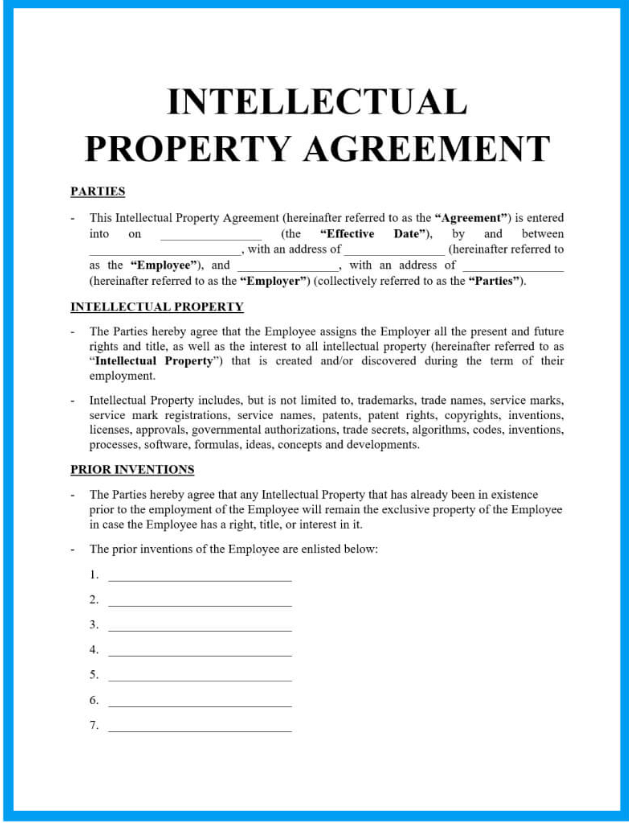
(Source: Signaturely.com)
4. Intellectual Property Documents
Intellectual property (IP) documents are like shields for a company’s invisible treasures, such as patents, trademarks, copyrights, and secret recipes. Imagine them as certificates of ownership, like deeds to a house, but for ideas and brands. These documents, including patents and copyrights, say, “This is ours, and no one else’s.”
When a company wants to share its treasure with others, like in partnerships or licensing deals, it’s like letting someone rent your house. That’s when IP licenses and confidentiality agreements come into play, making sure your secrets are safe.
Properly documenting this intellectual property is like building a fortress around your treasures. It helps protect them from being stolen and lets you use them to make money, just like how a famous painting can be both protected and profitable. Your intellectual property is often a big part of what makes your company valuable, so keeping it safe and documented is crucial for long-term success.
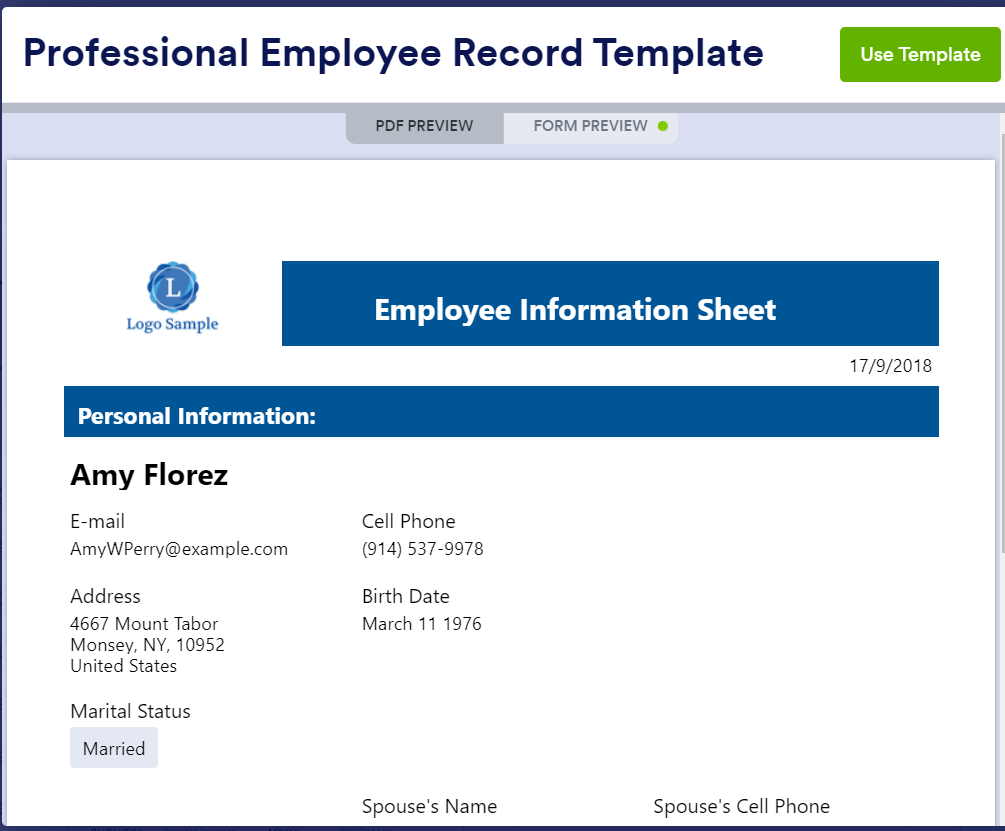
(Source: Jotform.com)
5. HR and Employee Documents
HR and employee documents are like the paperwork that keeps a company’s workforce running smoothly. Think of them as the rulebook and records for employees, making sure everyone is on the same page. These documents include things like contracts and offer letters, which are like the job agreements, stating what employees get paid and what’s expected of them.
Employee handbooks are like the company’s instruction manual, explaining how everything works, from office rules to how to request time off. It’s a bit like the rulebook in a board game, but for the workplace. These handbooks can also incorporate QR code menus for easy access to company policies and resources, making information readily available to all staff members.
In these documents, you also find records of how well employees are doing, any issues that come up, how much time they spend at work, and details about their benefits. Keeping all of this organized is like having a well-organized toolbox for your company. It helps you follow the rules, support employee growth, and keep everything running smoothly. Plus, it’s like having a history book of all the people who have worked at your company, which is really important for things like paying them and resolving any work-related problems.
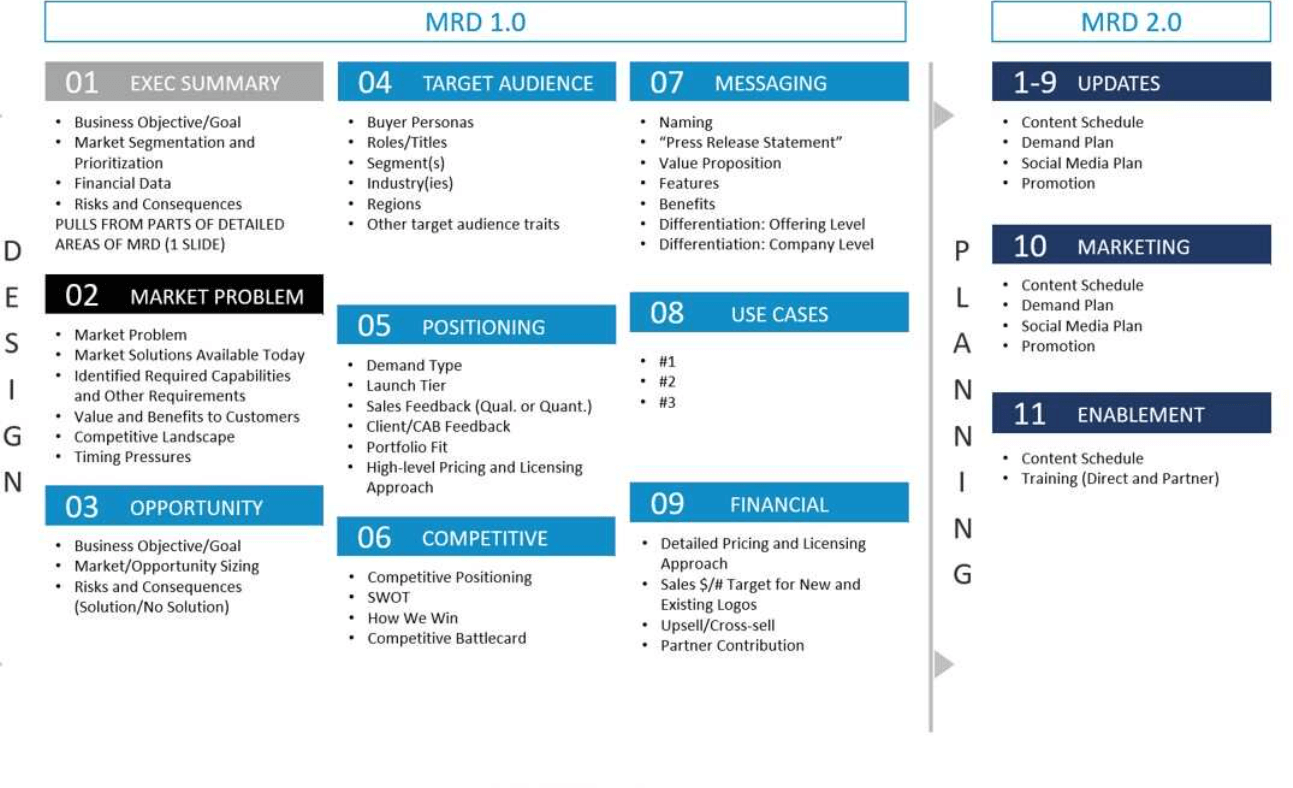
(Source: Signaturely.com)
6. Marketing and Sales Documents
Marketing and sales documents are like the blueprints for a company’s money-making plans. Think of them as roadmaps for getting the word out about your products and services. Marketing plans are like the strategy guides that help you target the right customers and create persuasive messages. Additionally, it’s crucial to provide Page Experience Report tips to enhance your website’s user engagement and performance.
Sales proposals, on the other hand, are persuasive speeches that convince potential customers to choose your products. They’re like the sales pitches you hear when you’re shopping for a car or a new phone.
In this stage, quote templates can be seamlessly integrated into sales proposals, offering potential customers a detailed breakdown of pricing and terms, reinforcing the persuasive message and enhancing transparency during the decision-making process.
A quote generator feature can be integrated for streamlined and effortless generation of price quotes.

(Source: Billdu quote template)
Product catalogs are like the menus at a restaurant, showing all the options available, and customer contracts are the agreements that make sure everyone knows what they’re getting and that it’s all legal.
All of these documents are like the tools in a company’s toolbox for making money. They help the marketing team reach the right customers and give the sales team what they need to sell effectively. Ultimately, managing these documents well is crucial for making money, keeping customers coming back, and growing the business.
7. Business Compliance and Regulatory Documents
Business compliance and regulatory documents are like a company’s rulebook to play by the law. Think of them as the permits and licenses that show your business is allowed to operate in a certain place and follow the rules. These documents include things like tax records, which are like your proof of paying taxes correctly, just like showing your income on a tax return.
There are also safety certifications that show your business meets safety and quality standards, just like a seal of approval. And compliance reports are like the scorecard that tells everyone you’re following all the rules, whether they’re about how you treat the environment, your employees, or how you report your finances.
Keeping all these documents in order is like having a clean record, and it helps you avoid getting into trouble, maintain a good reputation, and show everyone that your business is honest and follows the law and industry standards.
Conclusion
Proper documentation is the cornerstone of a successful business. It not only safeguards your operations but also enhances transparency, builds trust with stakeholders, and positions your company for growth and long-term success.
These documents provide clarity, transparency, and legal protection, underpinning trust and growth in any organization.
So, take the time to ensure your document management is in order – it’s an investment that pays dividends in the future.
Optimize the handling of your business documents using Billdu!
Streamline your business document management with Billdu! Check out our affordable pricing plans and get started today.













